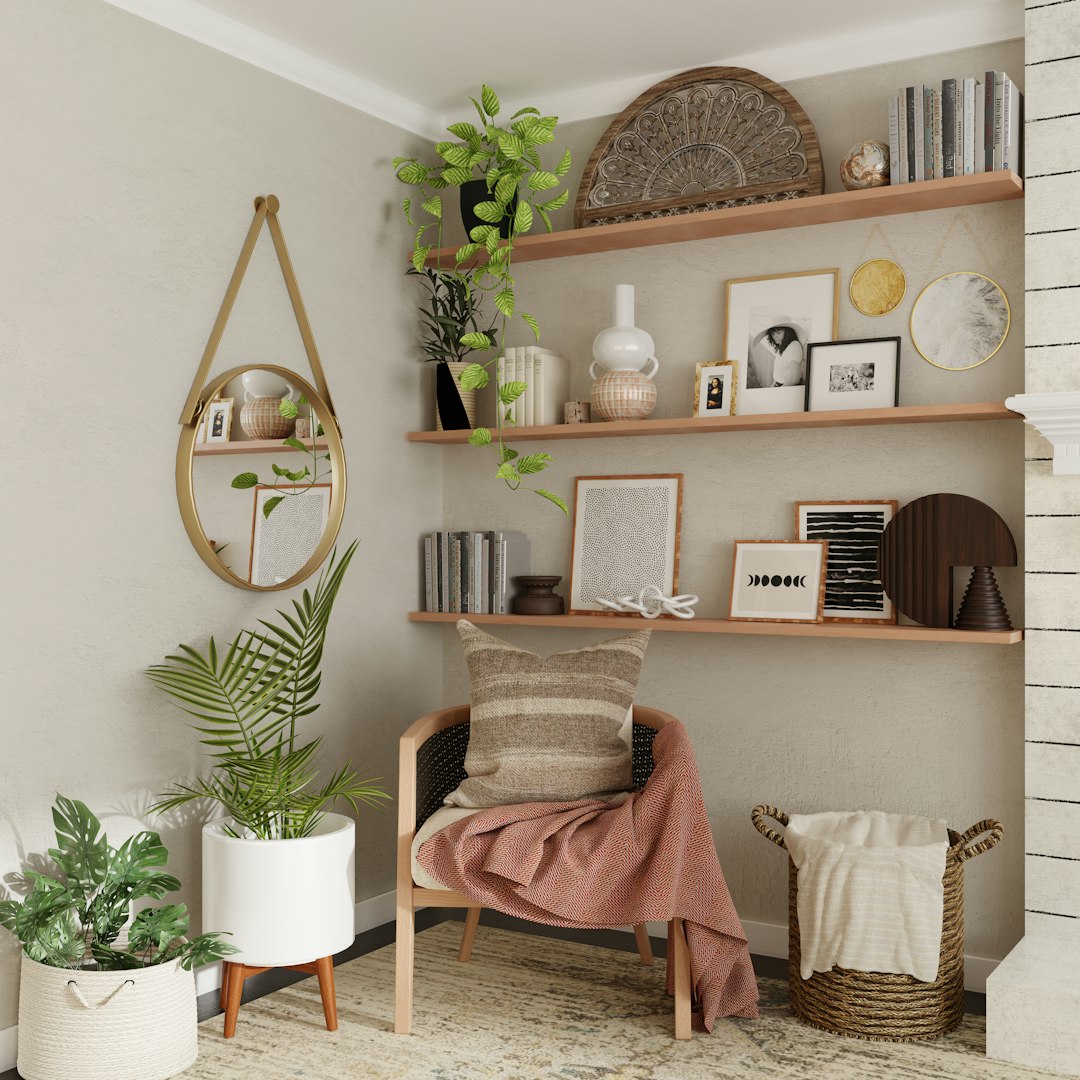
Tips for Staging Your Residential Real Estate for Sale
Are you looking to sell your residential real estate property quickly and at a good price? Staging your home effectively can be a game-changer in the competitive real estate market. By showcasing your property in the best possible light, you can attract more potential buyers and increase the chances of a successful sale.
The Importance of Staging
Staging your home is all about creating a welcoming and appealing environment that appeals to a wide range of prospective buyers. It involves decluttering, depersonalizing, and highlighting the best features of your property to make it stand out in the market.
Here are some useful tips for staging your residential real estate for sale:
1. Declutter and Depersonalize
Before showcasing your property to potential buyers, decluttering is key. Remove any personal items, excess furniture, and clutter to make the space look more spacious and inviting. This allows buyers to visualize themselves living in the space.
2. Enhance Curb Appeal
First impressions matter. Enhance your property's curb appeal by mowing the lawn, trimming bushes, and adding some potted plants or flowers. A well-maintained exterior creates a positive first impression for potential buyers.
3. Let in Natural Light
Natural light can make a space feel more inviting and spacious. Open curtains and blinds to let in natural light during showings. Consider adding mirrors to reflect natural light and make rooms appear larger.
4. Neutral Colors
Neutral colors appeal to a wider audience and create a blank canvas for buyers to envision their own style. Consider painting walls in neutral tones and using neutral decor to create a cohesive and inviting atmosphere.
5. Highlight Key Features
Emphasize the unique features of your property, such as a fireplace, hardwood floors, or a stunning view. Ensure these features are well showcased during showings to grab buyers' attention and make your home memorable.
6. Create Functional Spaces
Arranging furniture to create functional and inviting spaces helps potential buyers see the full potential of each room. Define areas for dining, living, and working to help buyers understand the layout and purpose of each space.
7. Add Greenery
Plants and flowers can add warmth and vitality to your home. Consider adding potted plants or fresh flowers to enhance the ambiance and bring life to indoor spaces. Greenery can make a space feel more inviting and welcoming.
8. Make Necessary Repairs
Address any visible repairs or maintenance issues before listing your property. Fix leaking faucets, cracked tiles, or peeling paint to show that your property has been well-maintained. A well-maintained home can attract more serious buyers.
9. Stage Each Room Purposefully
Each room should have a clear purpose and function. Whether it's a bedroom, home office, or living room, stage each space purposefully to help buyers understand how they can use the space effectively.
10. Keep it Clean and Tidy
Maintaining a clean and tidy home is essential for showings. Regularly clean and declutter your property to make it look well-maintained and appealing to potential buyers. A clean home gives the impression of a well-cared-for property.
11. Appeal to the Luxury Market
For luxury properties, focus on high-end finishes, premium amenities, and luxurious touches. Highlight the exclusive features of your property that appeal to upscale buyers. Consider staging with elegant furniture and decor to showcase the luxury lifestyle your property offers.
12. Stay Informed on Real Estate Trends
Stay informed on housing market analysis, real estate pricing trends, rental market trends, and luxury market insights to better understand the market dynamics and make informed decisions when staging your property for sale.
Ready to Stage Your Property for a Successful Sale?
By implementing these tips for staging your residential real estate for sale, you can make your property more attractive to potential buyers and increase your chances of a successful sale. Remember to stay informed on market trends and constantly adapt your staging strategies to appeal to the evolving needs of buyers in the real estate market.
